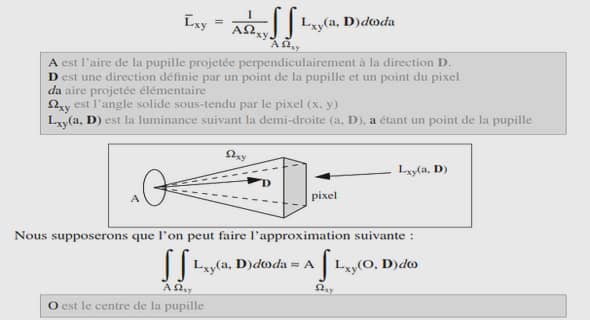The D Programming Language pdf, tutoriel & guide de travaux pratiques en pdf.
Abstract
Familiarize yourself with the powerful compiled and managed language D.
During the past few decades, programming languages have come a long way. In comparison to the dawn of UNIX and C, when compiled languages were just getting their start, today’s world is full of languages with all sorts of goals and features. In this article, I discuss one such language, D from Digital Mars. D is a natively compiled, statically typed, multiparadigm C-like language. Its aim is to simplify development of any type of application—from kernels to games—by combining the performance and flexibility of C with the productivity-boosting factors of languages, such as Ruby and Python. It originally was conceived by Walter Bright, the man who wrote the first ANSI C++ compiler for DOS. The reference compiler is freely downloadable for both Windows and Linux, and the front end is licensed under a dual GPL and Artistic license.
GDC is a D compiler, which uses the GCC back end and is distributed under the GPL. D’s features include the lack of a preprocessor, a garbage collector, flexible first-class arrays, contracts, inline assembler and more. With all this, it still maintains ABI compatibility with C, allowing you to use all your old C libraries from D easily, with little work. The D standard library includes bindings to all standard C functions as well.
Hello World
In D, the Hello World program goes like this:
import std.stdio; // standard i/o module int main(char[][] args) { writefln(« Hello world! »); return 0; }
writef is D’s typesafe version of printf; writefln adds a newline character at the end. Garbage collector D includes an automatic garbage collector, relieving the programmer of the need to manage memory explicitly. This allows programmers to focus more on the task at hand, as opposed to having to worry about the condition of each memory chunk. Furthermore, it eliminates a whole class of bugs dealing with dangling pointers and invalid memory references. In times when the GC would slow the application down, there is always the option of turning it off altogether or using C’s malloc and free for memory management.
Modules
In D, modules are imported using the import statement and have a one-to-one correspondence with source files, with the period as the path separator. Each symbol within a module has two names: the name of the symbol and the name of the symbol prefixed by the module name, which is called the fully qualified name or FQN. For example, writefln can be referred to as writefln or std.stdio.writefln. For cases when the FQN is preferred, the static import statement imports the module’s symbols but avoids putting them into the global namespace. For example, both the std.string and std.regexp modules include functions for find, replace and split. Because I’m more likely to use pure string functions than regular expressions, I would statically import std.regexp, so that whenever I wanted to use any of its functions, I would have to be explicit, whereas I simply could call the string functions by their regular names.
Modules
can have static constructors and destructors. The static this() function in any module is the static constructor and is invoked before main(); after main has returned the static, ~this() function is invoked. Because modules are imported symbolically, this means there are no header files. Everything is declared once and only once, eliminating the need for declaring functions in advance or declaring classes in two places and trying to keep both declarations consistent.
alias and typedef
In D, there is a distinction made between an alias and a type. A typedef introduces an entirely new type to the type-checking system and to function overloading, which are discussed later. An alias is a simple replacement for a type, or optionally a symbol:
alias int size_t; typedef int myint; //can’t implicitly convert to int alias someReallyLongFunctionName func;


